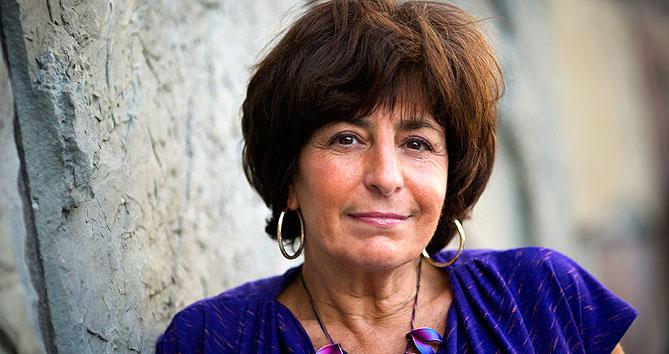UNITY

In spite of a torrential downpour, massive flooding and traffic nightmares that make NYC famous, more than 100 nurses showed up for our Bronx Inter-regional Meeting on November 19. Turnouts in other parts of the state are also quite high. No one is busier than a nurse — so why are people so responsive to these meetings?
In spite of the fact that engaging in the act of caring for people touches a deep chord in our hearts, the workplace of today is more like a factory. Instead of having the luxury of reflecting upon our patients’ conditions and needs — and acting upon our assessments in a thoughtful manner — we are often pushed and pulled in so many directions that the joy and satisfaction that should be a constant in nursing is only an occasional blip on the workday screen. Instead of the intense comradery that existed in “the old days,” we barely have time to talk to one another, as we are deposited in silos of electronic devices, checklists and policies that not only alienate us from our patients, but from other staff as well, and even our own sensibilities.
What sustains us
Nurses NEED to be together, united around our common bond of caring, supported by the collective, helped when overwhelmed, listened to when we need to speak out. Overworked and understaffed, unsupported by the administration, blamed for situations and conditions beyond our control, we leave work at the end of a shift feeling done in.
While we fight for better contracts for decent wages and benefits, and target safe staffing as our number one priority, we also build unity around a vision that work should be satisfying and that patients deserve the best we can offer. When nurses get together, sharing our real life stories — a reality that few others can understand — we form a common bond that not only makes us stronger as a group, but confirms for us, as individuals, that we are worthy of respect and that we are not alone.
Our union unites us
Our union is our tool to confront the challenges we face at work as well as within the space outside of work. The old mantra: “what is the union doing for me?” is a tired one. It’s like saying, “what is my car doing for me?” or “what is this hammer doing for me?” A tool comes to life when we USE it. Too often we buy into the thought — perpetuated by our educational system, our workplaces and much of the corporate media — that we are objects and victims, instead of subjects, capable of action. Making things happen can be life changing.
Functioning in a vacuum is impossible in society today. When we talk about creating a “social justice union” we are talking about using the union as a bridge to the world “out there,” the world our patients inhabit and the one that we ourselves live in.
Demanding a universal health system; stopping the poisoning of our planet; reversing global warming; supporting the human right for workers to receive a living wage; combating racism, sexism, homophobia and all forms of discrimination; ensuring that our children receive a quality education, a safe home, that our elderly are not abandoned and exploited: these are struggles in which nurses have always been involved. This is the logical and holistic side of nursing. What better structure than our union to bring these ideas and actions together, as nurses, combining hope and skill, just as we do every day for our patients?
Coming together in meetings, in job actions, in projects, in medical and social missions, in constructing strategic plans to improve conditions, in crafting ideas to get the resources we need to do our work, in providing the human and social support we all require to survive as full human beings — believe it or not, this is part of what being in a union is about. It is through this work that we build unity.
Onward and outward
In the process, as we struggle to create democratic mechanisms to share our ideas and debate a variety of views, we build unity. When we care and nurture one another, we build unity. When we embrace ideas that we never thought we could consider, we build unity. When we have the courage to critique our own mistakes, to be able to have principled debates and even to disagree — but without hostility, we build unity.
The forging of unity begins in our very own work places. It continues onward and outward within our facilities and the “mothership” systems that now proliferate in healthcare. It envelops our communities and moves beyond our geographical boundaries. Without unity, we are alone and powerless. With it, the possibilities are endless.